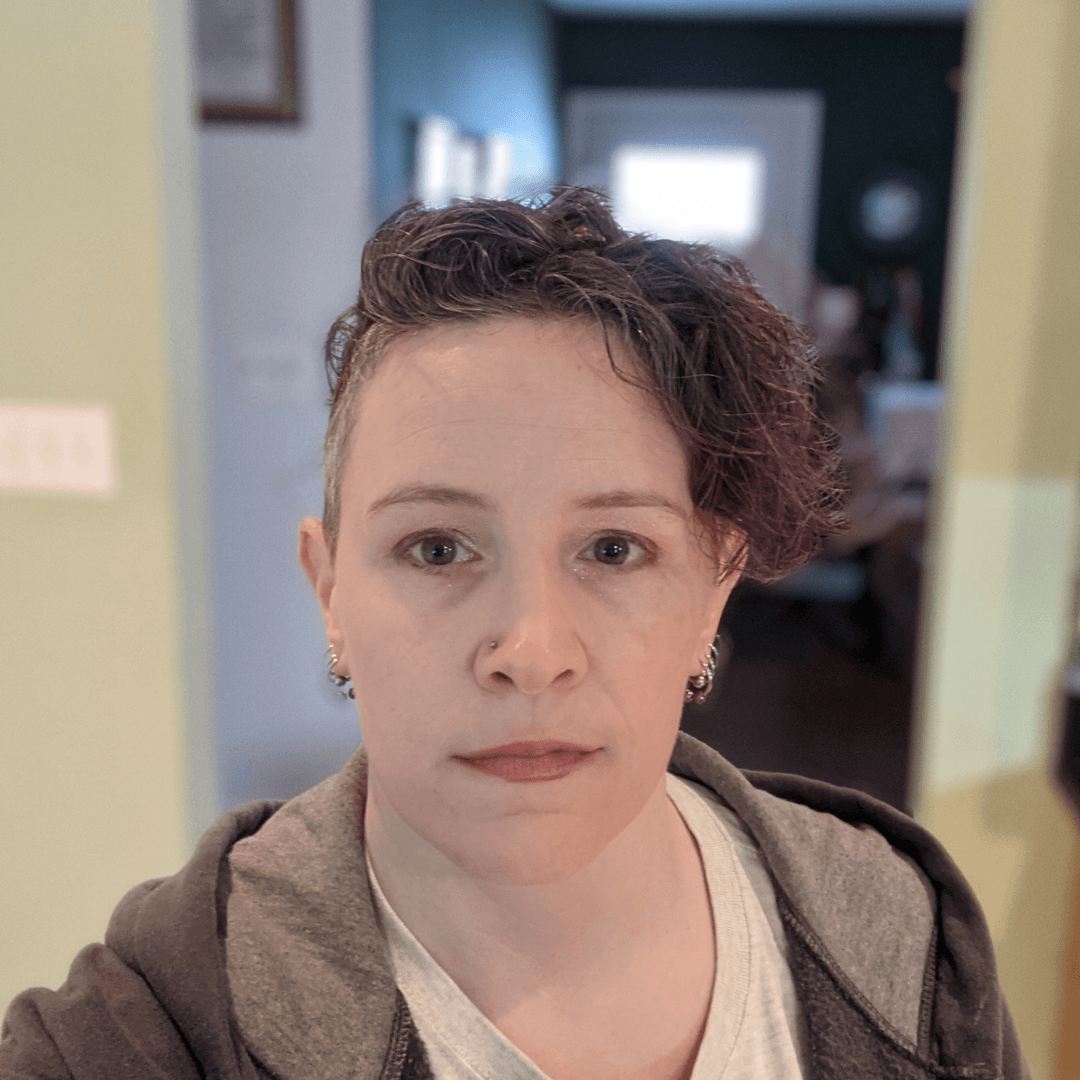Overview
What are cold sores?
What are the main signs and symptoms of cold sores?
How are cold sores diagnosed?
What are some of the main medical treatments for cold sores?
Have any supplements been studied for cold sores?
Are there any other treatments for cold sores?
How are cold sores transmitted?
Examine Database: Cold Sores
Frequently Asked Questions
How common are HSV infections and cold sores?
What are some triggers for cold sore outbreaks?
Where does HSV go when it’s not causing cold sores?
Are there any supplements that show promise for cold sores but more research is needed?
Have any supplements studied for cold sores not shown promise?
Update History
All new FAQs were added to this page.
References
Examine Database References
- Cold Sore Symptom Duration - Rocha MP, Amorim JM, Lima WG, Brito JCM, da Cruz Nizer WSEffect of honey and propolis, compared to acyclovir, against Herpes Simplex Virus (HSV)-induced lesions: A systematic review and meta-analysis.J Ethnopharmacol.(2022 Apr 6)
- Cold Sore Symptom Duration - Barros AWP, Sales PHDH, Silva PGB, Gomes ACA, Carvalho AAT, Leão JCIs low-level laser therapy effective in the treatment of herpes labialis? Systematic review and meta-analysis.Lasers Med Sci.(2022 Dec)
- Cold Sore Symptom Severity - Koytchev R, Alken RG, Dundarov SBalm mint extract (Lo-701) for topical treatment of recurring herpes labialis.Phytomedicine.(1999 Oct)
- Cold Sore Recurrence Frequency - Chi CC, Wang SH, Delamere FM, Wojnarowska F, Peters MC, Kanjirath PPInterventions for prevention of herpes simplex labialis (cold sores on the lips).Cochrane Database Syst Rev.(2015 Aug 7)


